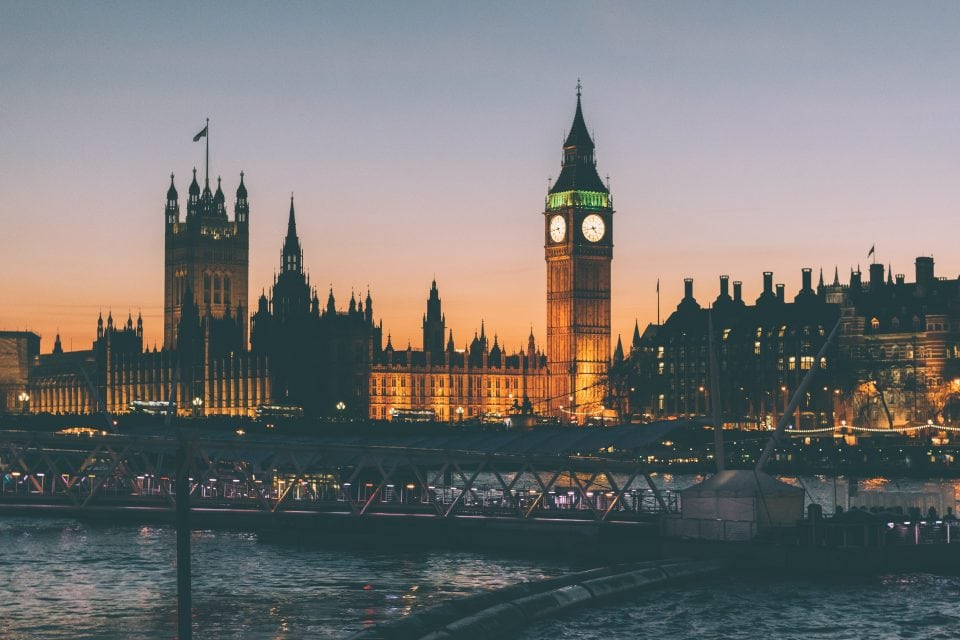ISSN: 2736-6065
Blog Post by Irina von Wiese, former LibDem MEP
London Calling is the European Liberal Forum’s column aimed at bridging the Channel.
In her recent article entitled ‘Liberal Democracy is Worth a Fight’, Anne Applebaum questions the pacifist non-intervention doctrine of the ‘liberal left’. Reluctance by Western democracies to seek a military solution to political conflict, she argues, is precisely what illiberal forces are counting on, and the demise of Afghanistan’s democracy is an example in point.
What does that mean for liberalism and where should we stand, an opposition party in a country that supported the U.S. intervention in Afghanistan, sent thousands of troops and lost hundreds, and then followed the Americans on their hasty retreat?
Liberal Democrats have both a pacifist and an internationalist tradition. In his iconic 2003 speech at an anti-Iraq war demonstration in Hyde Park, Charles Kennedy opposed Tony Blair’s military intervention in Iraq and questioned the legitimacy of his reasons for going to war. On the other hand, it was Paddy Ashdown’s conviction that Western democracies had a duty to intervene in the Yugoslav civil war. Both men understood that there is a role for military intervention, in clearly defined circumstances and based on internationally agreed principles.
Internationalism does not just mean open borders, trade and cooperation. It means a view of the world as one of shared humanity. Human rights abuses, wherever they occur, are an attack on everyone’s freedom – in Kosovo, in Afghanistan and in Britain, regardless of ‘domestic’ repercussions. It is misleading, therefore, to argue that the situation in Afghanistan is our concern only because it increases the terrorist threat on the streets of London. That may well be true, but it is our concern for other reasons, too: because the right of women to work and access education, the right of expressing a political opinion, the right to believe in any God or none, are universal rights. To allow their abolition anywhere in the world is to do away with the principle of universal human rights.
It may not have been the main objective of the 2001 military intervention in Afghanistan, but the re-establishment of these rights was a result of it. For twenty years, this intervention – military, civil, economic and logistic – prevented incalculable human suffering. Without it, Afghan women would not have been free to study and work in a profession of their choice. Without it, Afghan girls would have been chucked out of schools and married off at the age of twelve. Without it, religious minorities would have been persecuted and killed. And while individual transgressions by U.S. and British forces have rightly been condemned, it is also true that compared to the bloodshed and suffering the Taliban had inflicted, Western intervention overall brought respite from violence, relative peace and progress for the standard of living and for human rights.
Today, Afghanistan is on the brink of a humanitarian and human rights catastrophe. To withdraw Western troops means to be complicit in the inevitable collapse of everything that was built over the past 20 years – inevitable as much as predictable.
We live in a world where humanity is intertwined: climate emergency, global supply chains, scarcity of natural resources and interconnected civil societies mean that a pebble tossed in a pond on the other side of the planet creates a ripple on this side. In 2001, when Afghan territory became the training ground for terrorists attacking Western targets, the West invaded. Unlike in Iraq, it stayed for twenty years to watch over the transformation of society, supporting rather than supplanting the government, and building the foundations of viable infrastructure. It should have been clear that twenty years are not sufficient for such a giant undertaking, and that to abandon it prematurely would be a betrayal not only of the people of Afghanistan but of our standing in the global community.
As an internationalist party, Liberal Democrats have rightly called for the continued presence of U.K. forces in Afghanistan. In reality, Britain’s long-standing dependence on American goodwill dictates British foreign policy. It is now time for those who made promises to step in and, at the very least, guarantee safe passage and resettlement for those who relied on these promises.
